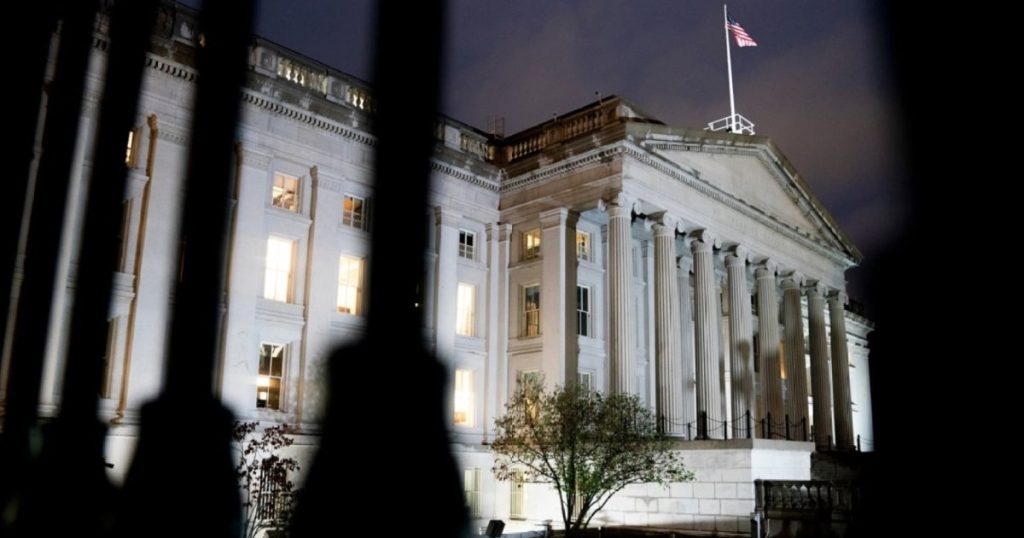The U.S. Treasury Department recently disclosed that a state-sponsored Chinese hacking operation was able to gain access to unclassified documents by exploiting vulnerabilities in third-party software and tapping into desktop computers used by Treasury employees. This intrusion is being described as a “major incident” and highlights the ongoing threat posed by cyber attacks from foreign actors. The incident serves as a reminder of the importance of robust cybersecurity measures to protect sensitive government information and national security interests.
In response to the breach, the Treasury Department is likely to bolster its cybersecurity defenses and investigate how the hackers were able to infiltrate its systems. The incident raises concerns about the susceptibility of government agencies to cyber attacks and the need for continuous monitoring and risk assessments to identify and mitigate potential vulnerabilities. As technology continues to advance and cyber threats become more sophisticated, government agencies must remain vigilant and proactive in defending against malicious actors seeking to exploit weaknesses in their systems.
The revelation of the Chinese hacking operation underscores the persistent threat posed by state-sponsored cyber espionage and highlights the challenges faced by government entities in safeguarding sensitive information. The incident serves as a wake-up call for the importance of strengthening cybersecurity measures and enhancing collaboration with cybersecurity experts and industry partners to protect critical government infrastructure and data. It also underscores the need for increased investment in cybersecurity personnel and technologies to stay ahead of evolving threats and prevent future breaches.
The Treasury Department’s acknowledgment of the Chinese cyber intrusion comes amid rising tensions between the U.S. and China over a range of issues, including trade, national security, and technology. The incident is likely to further strain relations between the two countries and add pressure on policymakers to address cybersecurity challenges and vulnerabilities. As geopolitical rivalries continue to shape the landscape of cyberspace, governments must prioritize cybersecurity as a national security imperative and work together to combat cyber threats and protect against malicious actors seeking to exploit vulnerabilities for strategic advantage.
The Chinese hacking operation targeting the Treasury Department underscores the need for a coordinated and comprehensive approach to cybersecurity at the national level. It also highlights the importance of information sharing and intelligence collaboration among government agencies and cybersecurity experts to detect and respond to cyber threats effectively. By enhancing cybersecurity preparedness and response capabilities, governments can better protect critical infrastructure, sensitive data, and national security interests from cyber attacks and espionage. The incident serves as a stark reminder of the evolving nature of cyber threats and the constant vigilance required to defend against sophisticated adversaries in the digital age.
In conclusion, the state-sponsored Chinese hacking operation that breached the U.S. Treasury Department’s systems serves as a stark reminder of the persistent and evolving threat posed by cyber attacks from foreign actors. The incident underscores the need for heightened cybersecurity measures, increased investment in cybersecurity resources, and enhanced collaboration among government agencies, cybersecurity experts, and industry partners to defend against malicious actors seeking to exploit vulnerabilities for strategic gain. As governments continue to navigate the complex and dynamic landscape of cyberspace, it is imperative to prioritize cybersecurity as a national security imperative and work together to safeguard critical infrastructure, sensitive data, and national security interests from cyber threats and espionage.












